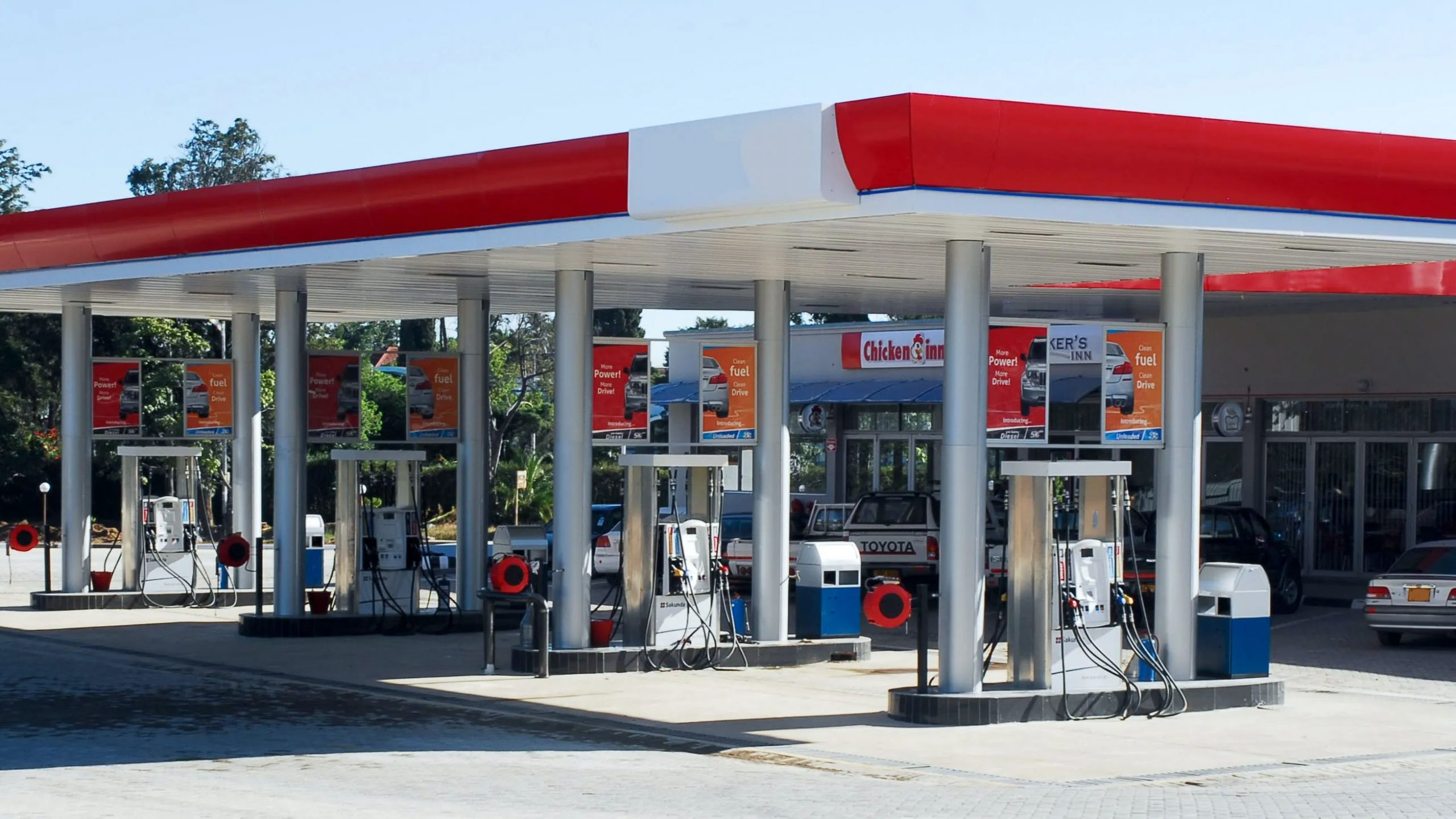The UK government has
decided to suspend a competition law to allow fuel companies to work together
address pressures on fuel supply chain after panic-buying set off shortages
across the country. Long queues outside fuel stations have become a regular
feature across cities, indicating the next big shortage after UK supermarkets
started running out of milk. The current fuel shortage, according to the government
and fuel firms, is singularly because of panic-buying by consumers and is not
indicative of an actual shortage.
Also Read | UK counts on vaccines, ‘common sense’ to keep coronavirus at bay
The suspension of the
competition law is expected to make it easier for companies to share
information and prioritise parts of the country most in need of fuel. The
situation has been so dire in certain parts that the government even considered
bringing in the Army to drive tankers, according to a BBC report. But plans on
that front have been kept aside for now.
Also Read | From COVID to Brexit: UK labour, food shortage explained
UK Environment Secretary
George Eustice said that the shortage of drivers was not a huge problem and
that “the only reason we don’t have petrol on forecourts is people are buying
petrol when they don’t need it.” Eustice said that things could calm down once anxious
people have fueled their cars.
Also Read | UK delays Brexit controls as global supply chain strain hits businesses
Meanwhile, the Petrol
Retailers Association has warned that as many as two-thirds of its 5,500
independent outlets are out of fuel, while the rest are “partly dry and running
out soon”. There are a total of 8,000 fuel stations in the UK.
Also Read | UK supermarkets run out of water, milk as supply chain troubles persist
UK Business Secretary Kwasi
Kwarteng announced the measure to exempt oil companies of the Competition Act
of 1998. “We have long-standing contingency plans in place to work with
industry so that fuel supplies can be maintained and deliveries can still be
maintained in the event of serious disruption,” Kwarteng said, adding that
there continues to be plenty of fuel at refineries and terminals, according to
an Evening Standard report.







